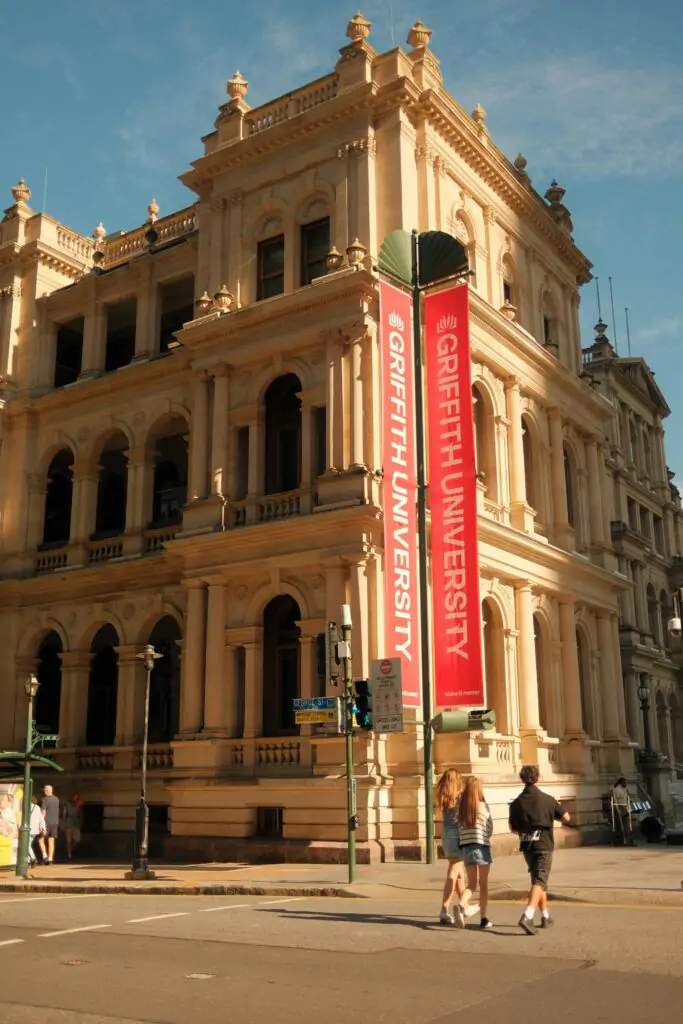
For thousands of international students, Australia offers more than world-class education—it offers the opportunity to gain real-life work experience while studying. But juggling academic demands and part-time work isn’t easy. Understanding how to balance the two is crucial for your success, well-being, and visa compliance. This guide will help you master the work-study lifestyle in Australia with practical, high-impact strategies.
Why Balance Matters for International Students
Maintaining a healthy balance between study and work is essential. The Australian government limits international students on a Subclass 500 visa to working 48 hours per fortnight during study periods. This ensures students focus on their academic progress while still supporting themselves financially. Going beyond this limit can risk visa cancellation. A well-managed work-study balance not only protects your academic performance but also boosts your employability and mental well-being.
Know Your Work Rights and Limits
Before applying for jobs, it’s essential to understand your work rights as an international student. You are entitled to the same workplace protections as Australian citizens, including the minimum wage, which currently stands at AU $24.10 per hour as of July 2024. During official school holidays, you may work unlimited hours. You must also apply for a Tax File Number (TFN) before starting any job. Your TFN ensures your employer can pay you legally and withhold the correct amount of tax. Tracking your work hours using a spreadsheet or app can prevent accidental overwork.
Choose the Right Jobs
Landing the right part-time job is key. High-demand roles for international students in 2025 include hospitality staff, delivery drivers, aged care assistants, retail associates, and campus IT support. These jobs typically pay between AU $28 and $35 per hour in major cities. To stand out, prepare a résumé in the local format (two pages, with skills and experiences front-loaded), and tap into university career services, student job boards, and LinkedIn groups.
Master Your Time Management
Time management is perhaps the most critical skill for international students. Begin with a semester planner that prioritizes class schedules and study hours. Ideally, limit your paid work to 16–20 hours per week, well below the legal limit, to leave room for rest and assignments. Use the “3-bucket rule” to sort your tasks into: must-do (classes, visa conditions), should-do (networking, language improvement), and could-do (entertainment, social media). Productivity tools like the Pomodoro technique (25-minute focus intervals with 5-minute breaks) and quiet study zones in university libraries can also help.
Budgeting and Tax Compliance
Start by opening a local bank account, preferably a student-friendly one with no monthly fees. Apply for a TFN via the Australian Taxation Office website. Track your income and expenses using budgeting apps like Pocketbook. Don’t forget to file your annual tax return between 1 July and 31 October. You might be eligible for a refund if your employer withheld too much tax.
Take Care of Your Mental Health
Maintaining your mental health while managing work and study is essential. Long hours, cultural adjustments, and academic pressure can lead to stress and anxiety. Australia offers a range of support services. Headspace, a national mental health provider, offers online chats and low-cost counseling. Many Overseas Student Health Cover (OSHC) plans reimburse up to 85% of psychology consultation costs with a Mental Health Treatment Plan from your GP. Prioritize self-care, including sleep, exercise, and social connection.
Stay Compliant with Visa Conditions
From an academic perspective, it’s vital not to miss classes due to work. Australian student visas (Condition 8202) require satisfactory course attendance and progress. Missing tutorials or lectures to pick up extra shifts can jeopardize your visa. Communicate early with instructors if conflicts arise.
Tools and Support to Help You
To simplify your journey, several tools and platforms can help:
- Fair Work Ombudsman: Work-hour calculator, minimum wage info
- ATO: Tax, TFN, superannuation info
- Study Australia: Policy updates, student rights
- University services: Career support, time management workshops
Real Success Stories
Many international students who manage this balance well go on to succeed in both academics and future careers. Maria from Colombia balanced her nursing studies with 18 hours per week in aged care and earned a graduate visa after completing her degree. Aashvi from India worked part-time as a coding tutor and leveraged campus entrepreneurship programs to secure a full-time tech role after graduation.

Conclusion
Mastering work-study life in Australia is about structure, self-discipline, and seeking help when needed. Know your visa conditions, limit work hours strategically, build a supportive network, and use every tool at your disposal—from tax tips to mental health services. With the right balance, your time in Australia can be enriching academically, financially, and personally.
At SwiftPass Global Immigration, we specialize in supporting international students like you. From selecting compliant courses to planning your work-study routine and connecting you with ethical employers, our advisors ensure you stay informed and empowered every step of the way.
Bryant Olejarski
June 1, 2025I got what you mean , thankyou for posting.Woh I am delighted to find this website through google.
swift
June 3, 2025Glad you enjoyed the post, and we truly value your support!